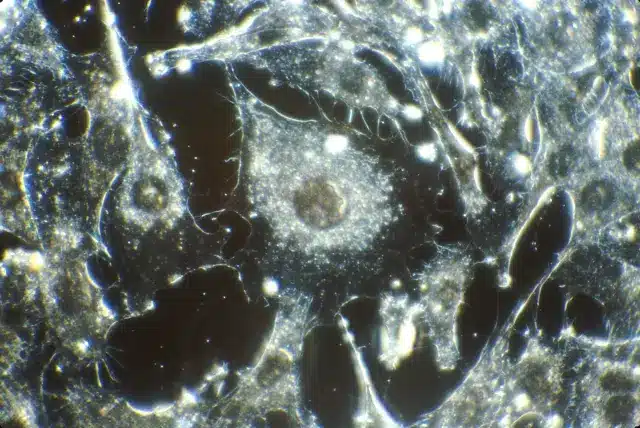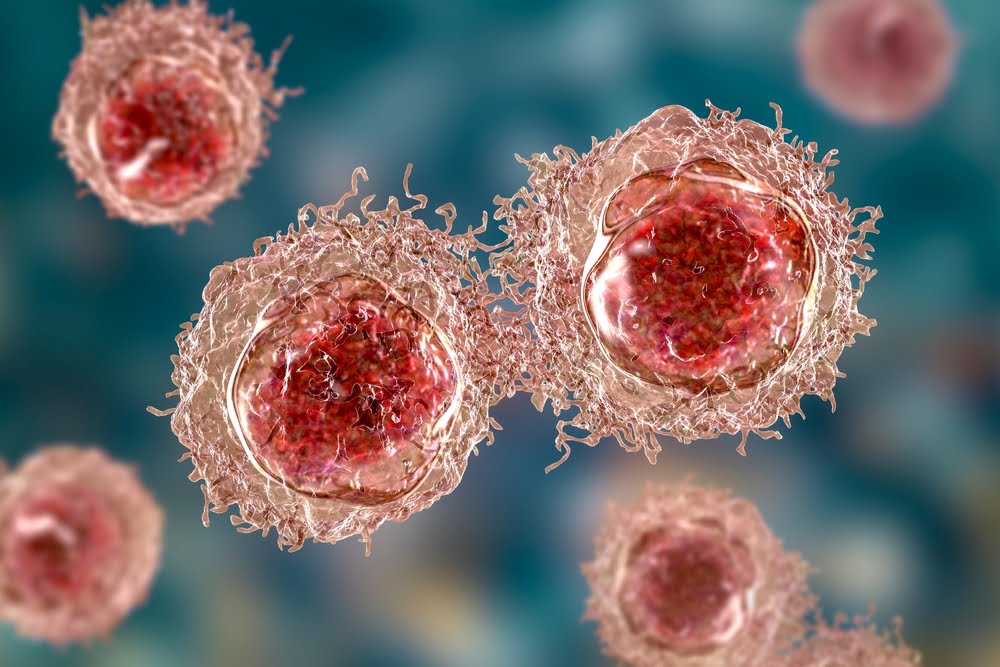The journey to discover cures for cancer has taken a major new turn thanks to research conducted at TAU, Tel Aviv University. With a single injection on animals affected by melanoma, researchers managed to make between 44% and 60% of the cancerous cells disappear permanently. The underlying principle? Induce the tumor cells themselves to produce a toxic protein that leads to their death.
The 'Trojan Horse' strategy
The innovative strategy was led by Yasmin Granot-Matok and by Prof. Dan Peer, head of the Nanomedicine Laboratory at the Shmunis School of Biotechnology and Cancer Research at Tel Aviv University. The results of this extraordinary work have been published in Theranostics, and I link them to you here.
How does it work in a few words? Scientists carried a poison produced by bacteria inside mRNA (messenger RNA) molecules and delivered it directly to cancer cells. A real Trojan horse. The cells were tricked into producing the same toxin that ultimately killed them, and with an astonishing success rate.

Some more details on the “suicide” of cancer cells
The research team encoded the genetic information of the toxic protein produced by the bacteria in the family pseudomonas in mRNA molecules. These molecules were then wrapped in lipid nanoparticles developed in Prof. Peer's laboratory and coated with antibodies to ensure that the instructions for making the toxin reached the target cancer cells.
As mentioned, a single injection into the tumors of animals with melanoma was enough to kill even more than half of the cancerous cells, and without harming healthy cells.
The new era of anti-cancer therapies
Anti-cancer therapies have progressed significantly in the last decade: new strategies are now emerging every month to block the growth of cancer cells through the modulation of the immune system, with or without gene therapy.
There's more: according to the researchers, cancer cells cannot develop resistance to this technology (which often happens with chemotherapy), because a different natural toxin can always be used.
“We know how to deliver the 'recipe' directly to the target cells with our nanoparticles. When cancer cells read this 'recipe', they begin to produce the toxin that will destroy them."

Toxins against cancer cells: a summary
This new discovery could represent a significant step forward in the fight against cancer, offering a potentially safer and more effective strategy than conventional therapies.
While the research is still in its early stages and requires further testing and clinical trials, the preliminary results are certainly encouraging and bring a glimmer of hope for millions of patients around the world.


